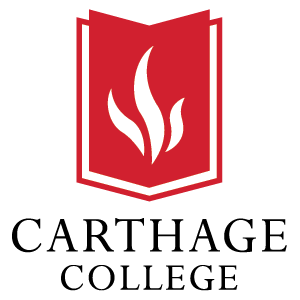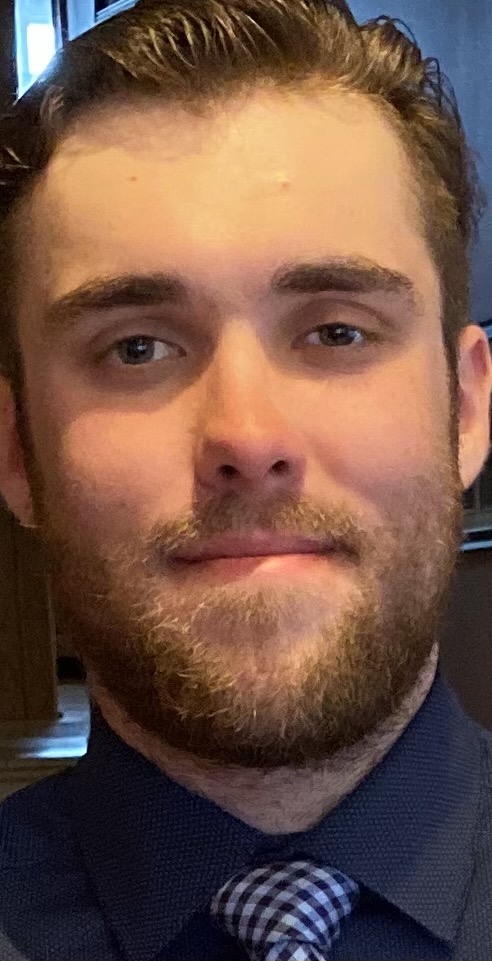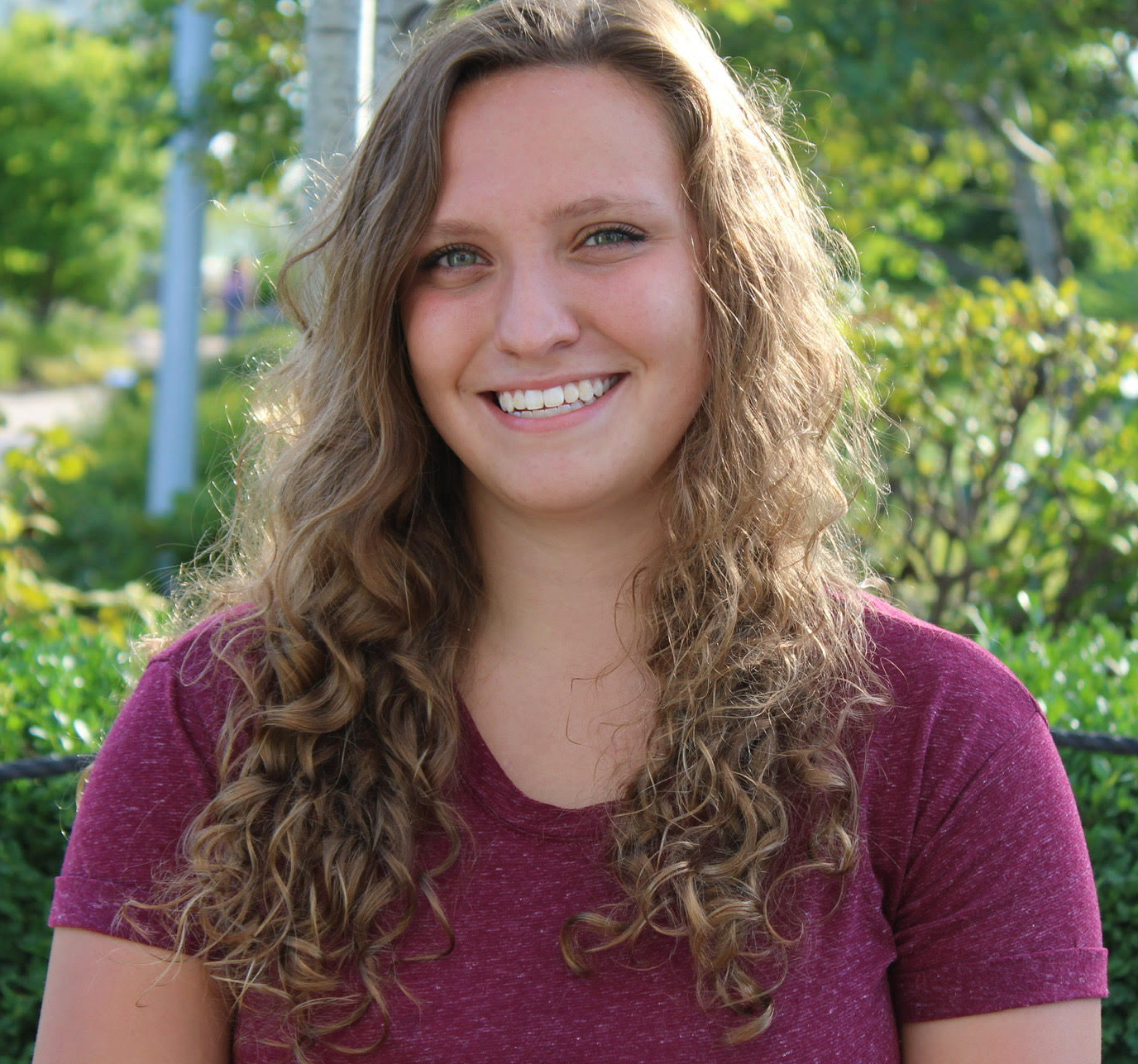Below is a summary of the abstract you submitted. Presenting author(s) is shown in bold.
If any changes need to be made, you can modify the abstract or change the authors.
You can also download a .docx version of this abstract.
If there are any problems, please email Dan at dar78@pitt.edu and he'll take care of them!
This abstract was last modified on March 16, 2021 at 11:05 a.m..

Despite the COVID19 pandemic, we were able to successfully hunt for phages in a hybrid format. In a typical year, we isolate over 50 phages at Carthage College, but due to a mixture of remote labs and hybrid labs this past year, we can only report on six bacteriophages successfully isolated using the host Mycobacterium smegmatis. All six phages were obtained using soil samples from the Carthage campus, and four were isolated using direct isolation methods. Five of the isolated phages have halos and are possibly temperate while one phage was clearly lytic based on plaque morphology. Mycobacteriophage, Weher20, was sequenced and is a cluster B1 phage. Weher20 plaques had large haloes, but based on genomic analysis, it is a lytic phage. Comparison of its genome with other cluster B1 phages found at Carthage since 2011 indicate that these genomes are very similar with one distinct gene product difference.


